Fleet Alliance has revealed the cost performance for what it describes as a “mixed bag” of fuel types.
As a result, it is advising its clients to adopt a balanced view that embraces a combination of diesel, petrol and alternative powertrains.
Fleet Alliance’s managing director Martin Brown said: “The improving fuel economy of petrol models and their cheaper list price really can help to make them as financially viable to run as a diesel.
“But not in every case. Diesel still has an important role to play, but its importance will diminish. What that timeframe will be is difficult to ascertain. But for now, don’t discount diesel when it’s still the most appropriate choice for your fleet.
“Diesel has been up against the ropes recently, taking a series of seriously damaging blows. The fuel has been highlighted as the cause of health damage, notably respiratory disease.
“Then there has followed the £10 per day Toxicity Charge for older diesel cars entering the central London congestion charge zone, which will be introduced this October. And the government’s new Clean Air Strategy document last month stopped short of a diesel scrappage plan but looks set to ban petrol and diesel cars by 2040 – less than 23 years away.”
Fleet Alliance looked at the cost performance of a basket of cars. This threw up some interesting results, particularly over 10,000 miles per year running cycles.
The company looked at three Ford Focus models: the petrol-driven 1.5 ST-Line Nav EcoBoost, list price £21,590; the diesel 1.5 TDCi ST-Line Nav, list price £21,790; and the Focus Electric, list price £31,625.

*Lowest price/cost highlighted
Over three years/30,000 miles, the diesel model had the lowest whole life costs of the three models at £12,167; followed not far behind by the petrol model at £12,576; and the electric model at £15,949.
When the operating cycle was extended to three years/60,000 miles, however, the Ford Focus diesel was even further ahead on running costs with a clear margin over the petrol and electric models. The diesel cost £14,468 to operate over three years/60,000 miles compared with the petrol version at £15,350 and the electric model at £17,864.
Moving to the top end of the choice list, the company looked at the Volvo XC90, with three different drive-trains – petrol, diesel, and plug-in hybrid – where the diesel again came out on top in the whole life costs battle.
Fleet Alliance compared the petrol-powered XC90 2.0 T6 R-Design, list price £54,700, with the diesel 2.0 D5 R-Design, list price, £51,600 and the Hybrid 2.0 T8 R-Design Twin Engine with a list price of £64,300.

*Lowest price/cost highlighted
Over three years/30,000 miles, the diesel model had the lowest whole life costs of £25,184, followed by the petrol model at £31,107 and the hybrid at £31,167.
Over three years/60,000 miles, the diesel was still the most cost competitive with whole life costs of £30,384, but the hybrid was now next in line with whole life costs of £36,003, followed by the petrol model at £36,854.
Brown said: “It’s important not to become too blinkered in the prevailing emotional anti-diesel mindscape. For fleets, a balanced view is what is required.
“Diesel still has an important place in any fleet but it’s critical to evaluate all cars to see where diesel is still relevant – or where a petrol or alternative fuel vehicle might fit in.”

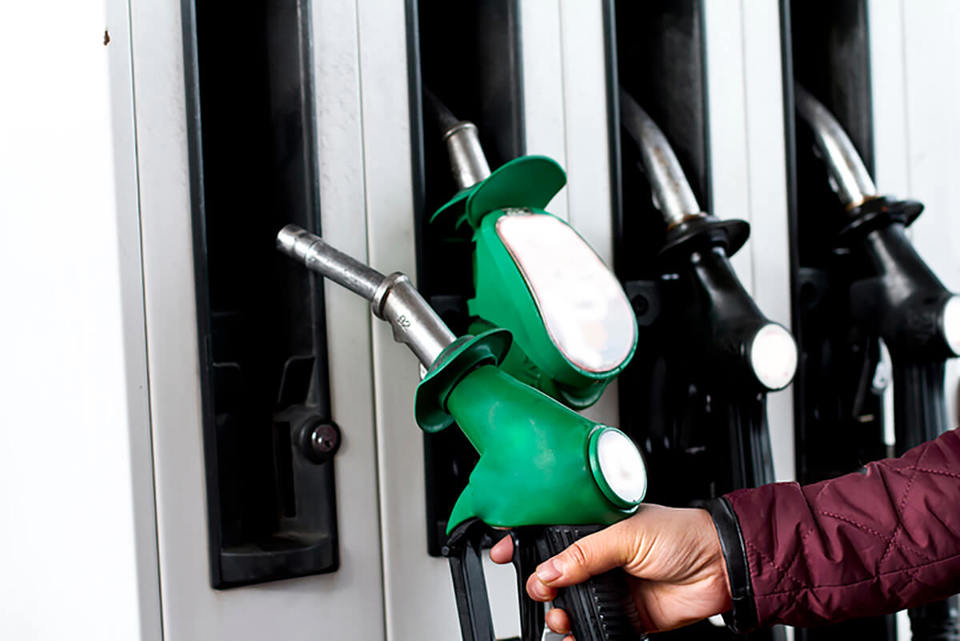
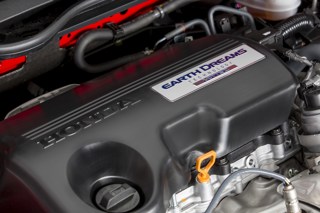

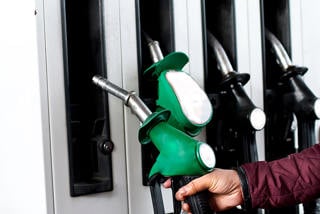
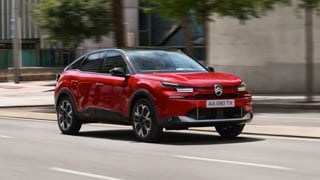
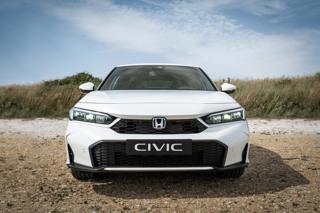












Login to comment
Comments
No comments have been made yet.